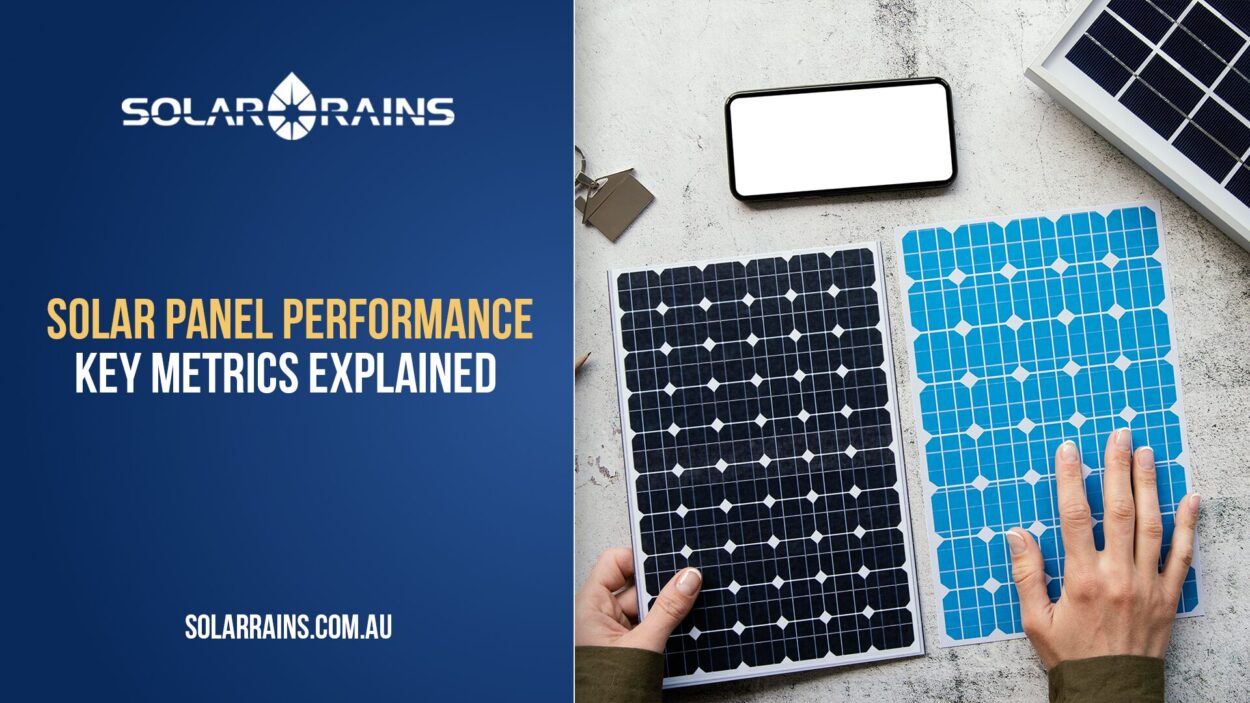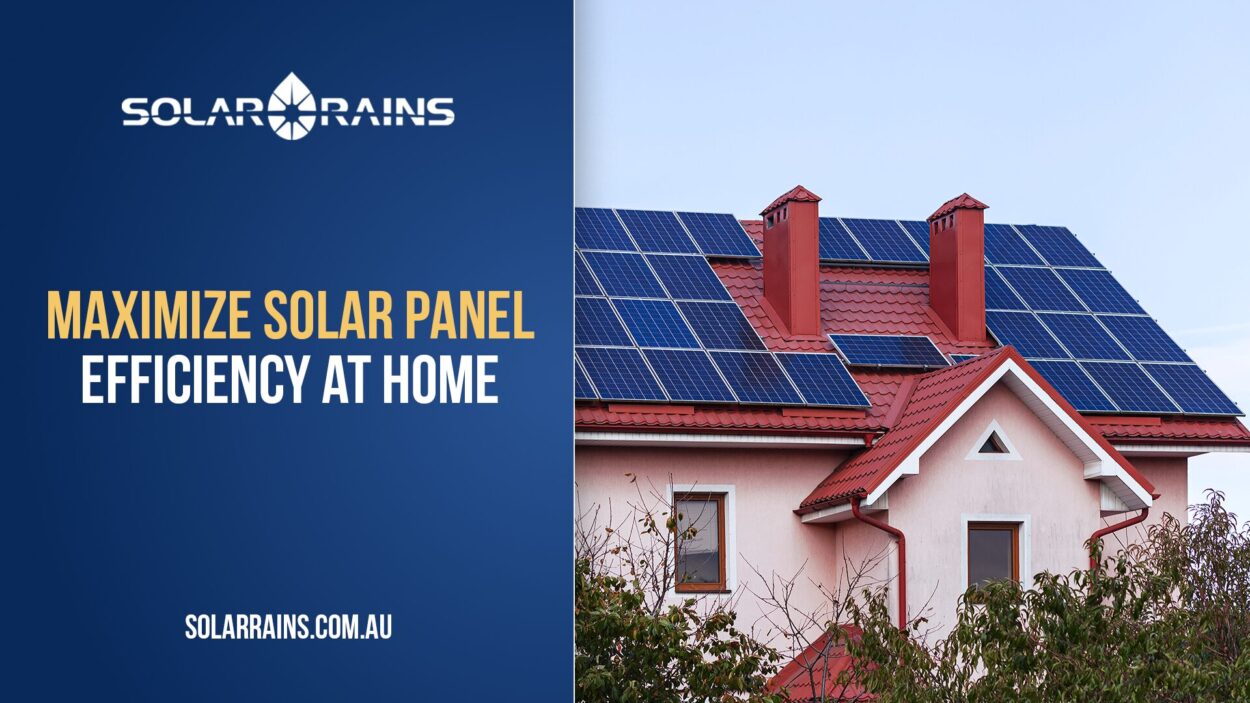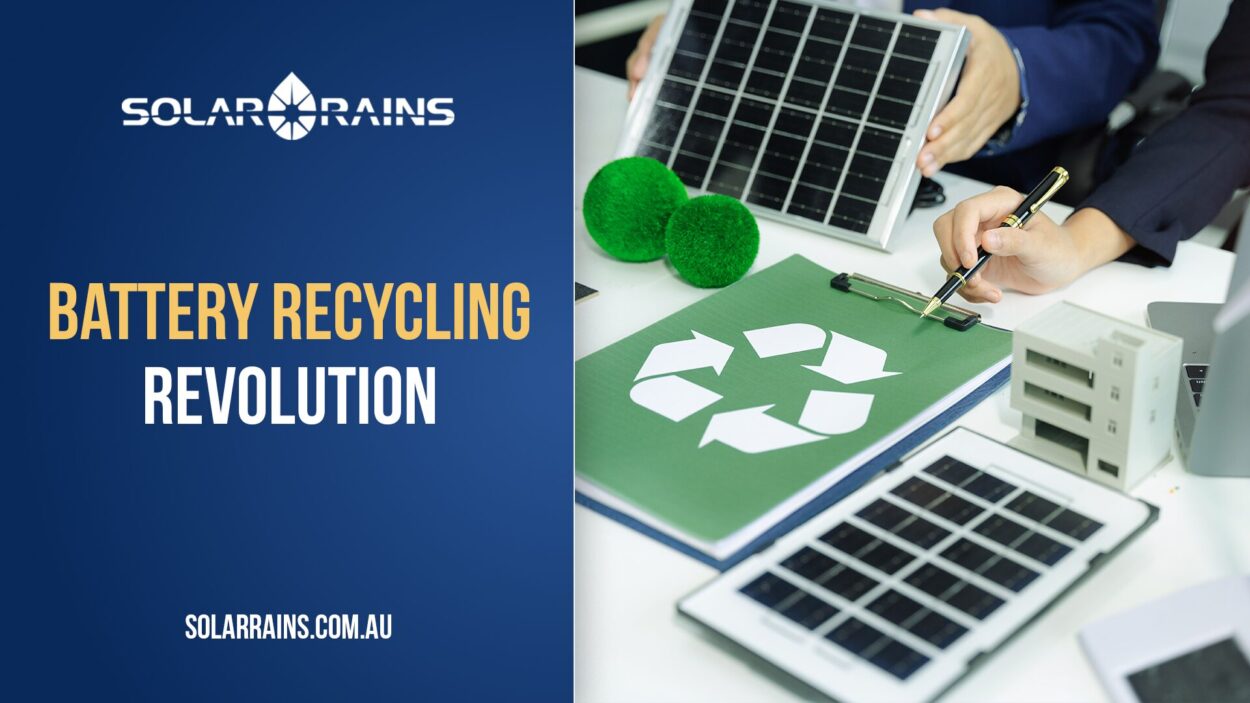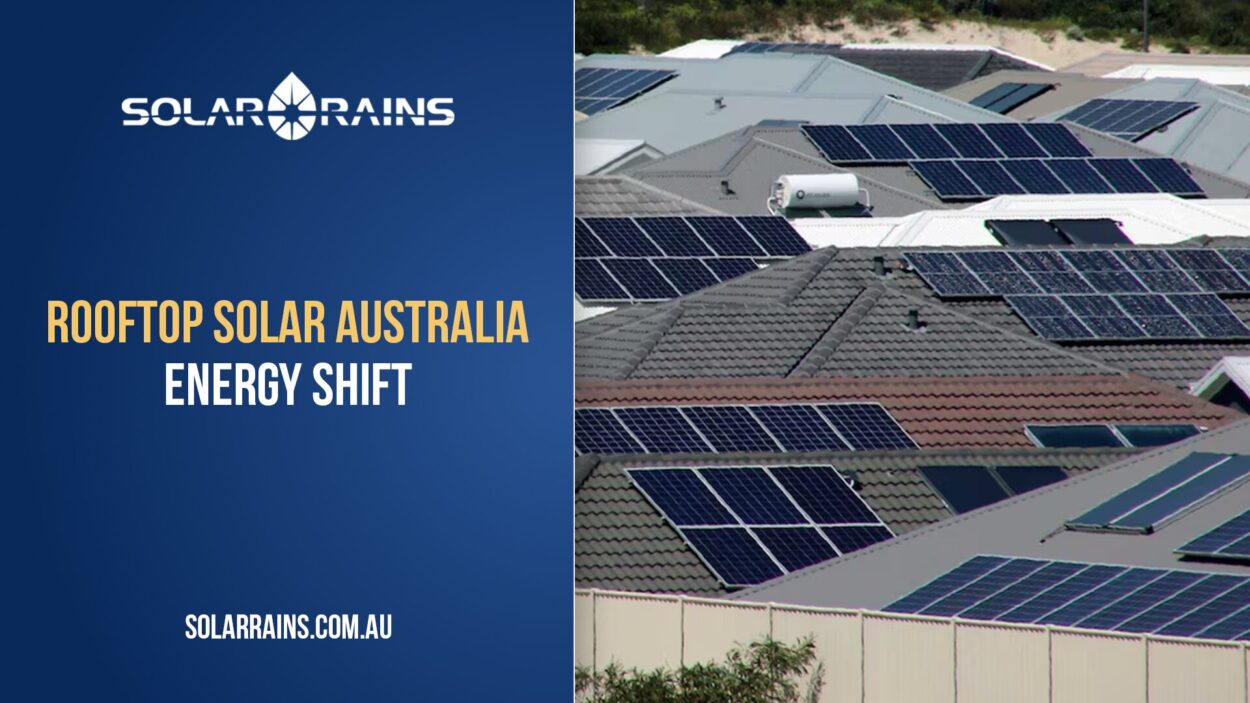Energy costs have become one of the biggest pressures on Australian households, particularly those in social housing. Recognising this, the Federal and NSW Governments have announced major programs to upgrade thousands of community housing homes with energy-efficient features such as rooftop solar, insulation, and reverse cycle air conditioning.
While rooftop solar is a strong first step, the real game-changer lies in solar batteries. By combining solar panels with reliable storage, social housing tenants can not only generate clean electricity but also keep it for when they need it most. Solar batteries provide cost-of-living relief, greater energy independence, and improved comfort in everyday life.
In this article, we explore why solar batteries matter for community housing, how they fit into Australia’s clean energy transition, and what programs are available to make them more affordable.
Why Solar Batteries Matter for Social Housing
Solar panels are excellent at producing clean energy during the day, but without a storage system, most of that power must be consumed immediately or exported to the grid at lower feed-in tariffs. Solar batteries change that equation by storing excess energy for use later.
Here’s why that matters for people in social housing:
- Maximising solar panel benefits: Batteries allow households to use their own solar power at night, instead of drawing expensive electricity from the grid.
- Reducing energy bills: By avoiding peak-time tariffs, households can save significantly on annual power costs – a key benefit for low-income families.
- Energy independence: Solar batteries reduce reliance on the grid and protect residents from volatile international energy prices.
- Backup power during outages: With extreme weather events becoming more common, batteries can keep essential appliances running when the grid goes down.
For vulnerable households, these advantages go beyond convenience. They represent security, stability, and long-term financial relief.
Social and Environmental Benefits
The benefits of solar batteries are not limited to individual households. They also have wider social and environmental impacts:
- Energy equity: Clean energy technologies are often out of reach for low-income households. Integrating solar batteries into social housing ensures fair access to modern solutions.
- Support for the electricity grid: Distributed batteries act as thousands of small storage units across the state, helping balance supply and demand. This reduces strain on infrastructure and supports grid stability.
- Lower carbon emissions: By reducing demand for fossil-fuelled electricity, batteries contribute to Australia’s Net Zero targets.
- Health and comfort: Warmer homes in winter and cooler homes in summer mean healthier living conditions, particularly for the elderly and children who are most at risk from extreme temperatures.
Available Technologies and Solutions
Australia’s solar battery market has grown rapidly in recent years. For community housing and residential use, the following solutions are most relevant:
- Lithium-ion and LFP (Lithium Iron Phosphate) batteries: These dominate the market thanks to their safety, long lifespan, and efficiency.
- Typical capacities 5kWh-15kWh: Suitable for households with rooftop solar. For example, a 10kWh battery can cover most evening and night-time consumption.
- Smart inverters: Essential for managing solar + battery systems. Smart inverters allow for real-time monitoring, load shifting, and connection to virtual power plants (VPPs).
- Modular systems: Some brands offer scalable designs, so homes can start small and add capacity later.
At Solar Rains, we work with leading suppliers in Australia such as AlphaESS, Deye, and Dyness. These brands provide solutions that balance affordability, performance, and reliability ideal for both homeowners and social housing providers.
Government Programs and Incentives in Australia
Cost is one of the biggest barriers to adopting solar batteries. Thankfully, several government programs are helping to make them more accessible:
- Cheaper Home Batteries Program (Federal): Offers discounts to households installing eligible batteries, reducing upfront costs significantly.
- NSW Peak Demand Reduction Scheme (PDRS): Provides incentives for technologies that cut energy use during peak times, including batteries.
- WA Residential Battery Scheme: Rebates for battery installations in Western Australia, making it easier for households to participate in the clean energy transition.
- State-based support: Other states and territories continue to roll out pilot programs and rebates, especially for low-income households and renters.
By aligning housing upgrades with these schemes, governments and community housing providers can stretch their budgets further and reach more homes.
The Future of Community Housing with Solar Batteries
Australia’s housing upgrade programs already aim to retrofit 24,000 homes by 2027 with solar panels, insulation, and energy-efficient systems. Adding solar batteries to this effort could multiply the benefits:
Mini power stations: Thousands of homes equipped with solar and batteries could collectively act as distributed energy resources, supporting the grid.
Resilient communities” In times of heatwaves, blackouts, or international energy crises, social housing residents would have greater protection.
Scalable innovation: Pilot projects in NSW and other states could demonstrate how combining solar batteries with community housing leads to measurable social, environmental, and financial outcomes.
Looking ahead, batteries will not only be part of individual homes but also of shared community energy hubs, delivering renewable power at scale while reducing inequality.
Frequently Asked Questions (FAQ) About Solar Batteries in Social Housing
Solar batteries store the excess energy generated by rooftop solar panels during the day. Instead of exporting that energy to the grid at a low feed-in tariff, the battery keeps it for later use, particularly at night or during peak electricity times. This makes homes more self-sufficient and reduces overall power bills.
Yes. Social housing tenants can benefit significantly from solar batteries because they reduce reliance on grid electricity, which is often most expensive in the evening. Paired with rooftop solar, batteries make energy more affordable and homes more comfortable year-round.
Most Australian households find that a 5kWh to 15kWh solar battery is sufficient. Smaller homes may only need a compact 5kWh system, while larger families could require more storage to cover night-time energy use. Modular batteries also allow for future expansion as energy needs grow.
There are several programs across Australia, including the Cheaper Home Batteries Program, NSW Peak Demand Reduction Scheme, and the WA Residential Battery Scheme. These schemes reduce upfront costs and make battery storage more accessible, particularly for lower-income households.
Yes. One of the key benefits of solar batteries is backup power. When combined with the right inverter, they can keep essential appliances like fridges, lights, or medical equipment running during outages, improving safety and comfort for residents in vulnerable situations.
Conclusion
Solar batteries are the missing link in Australia’s clean energy future. For social housing, they represent a chance to cut energy bills, improve comfort, and give residents more control over their daily lives.
Pairing rooftop solar with storage ensures homes remain affordable, sustainable, and liveable, no matter the season or market conditions. As government programs expand and battery costs continue to fall, now is the time to bring these technologies to the people who need them most.
If you are considering solar batteries for your home or project, explore trusted solutions from leading solar suppliers in Australia. At Solar Rains, we provide a wide range of solar products and wholesale solutions designed to deliver maximum value for both individual homeowners and large-scale housing providers.










